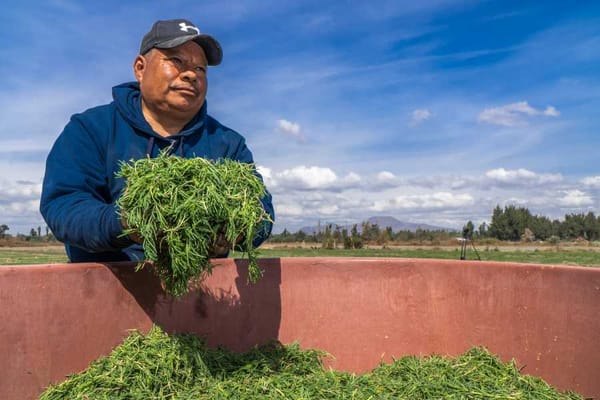Carlos de Sigüenza y Góngora, an illustrious man of New Spain
Carlos de Sigüenza y Góngora persuaded the inquisitor Martín de Soto Guzmán to authorize his lunaries and almanacs, which would aid the public in agricultural and navigational issues, during a time when scientific knowledge was frowned upon.

At a time when scientific knowledge was frowned upon, Carlos de Sigüenza y Góngora got the inquisitor Martín de Soto Guzmán to approve his lunaries and almanacs, which would help the population in agricultural and navigational matters.
In New Spain, scientific activities like astronomy and math were closely watched by both the Tribunal of the Holy Office of the Inquisition and the people who studied these subjects.
Within this guild of illustrious characters, the name of Don Carlos de Sigüenza y Góngora, who had a priestly formation at the Jesuit College, stood out. He continued his studies in philosophy and theology at the Royal and Pontifical Universities of Mexico, where he took the chair of astronomy and mathematics. All this led him to excel as a mathematician, historian, cosmographer, and even poet.
Even so, Sigüenza y Góngora was one of the famous people who were watched by the Holy Office because of his studies on how to make lunariums. These studies were based on his knowledge of astronomy and his observations of the moon's phases.
These studies could lend themselves to misinterpretation and be related to sorcery and magic practices, which is why a permit had to be obtained for the publication and preservation of the lunar charts in the 17th century. For this reason, in 1679, Sigüenza y Góngora requested a license to publish the lunars, almanacs, and calendars that he elaborated each year so that they could circulate throughout New Spain.
Through these materials, Don Carlos studied the influence of the lunar phases on the climate, the elements of nature, and daily activities. With this information, he hoped to be more accurate about weather-related events and make important time predictions for farming and sailing.
Upon having the information in his hands, the inquisitor Martín de Soto Guzmán marveled at the sharp and skillful knowledge of the professor. He gave him the license he needed and gave back the original document because of his scientific work and how useful it was to society.
AGN, Colonial Institutions, Viceregal Indifferent, University, box 2020, exp. 21.




